Security
The decision to travel is your responsibility. You are also responsible for your personal safety abroad. The Government of Canada takes the safety and security of Canadians abroad very seriously and provides credible and timely information in its Travel Advice. In the event of a crisis situation that requires evacuation, the Government of Canada’s policy is to provide safe transportation to the closest safe location. The Government of Canada will assist you in leaving a country or a region as a last resort, when all means of commercial or personal transportation have been exhausted. This service is provided on a cost-recovery basis. Onward travel is at your personal expense. Situations vary from one location to another, and there may be constraints on government resources that will limit the ability of the Government of Canada to provide assistance, particularly in countries or regions where the potential for violent conflict or political instability is high.
Sinai Peninsula (except coastal resorts, such as Sharm El-Sheikh) (see Advisory)
Foreign Affairs, Trade and Development Canada advises against all travel to the Sinai Peninsula, with the exception of the coastal resorts, such as Sharm El-Sheikh, where you should exercise caution.
The security situation in the Sinai in the areas bordering Israel and the Gaza Strip remains extremely dangerous as the Egyptian military is currently engaged in military operations against terrorists in the region. A three-month state of emergency has been declared in the Sinai Peninsula on October 24, 2014. A 5 p.m. to 7 a.m. curfew is in place. Road blockades by unsanctioned groups as well as kidnappings, robberies and carjackings by armed groups and terrorists have been reported in many areas of the Sinai. You are discouraged from visiting St. Catherine’s Monastery or taking any other day trips from Sharm El-Sheikh as attacks and roadblocks have occurred outside of Sharm El-Sheikh city limits.
Western Desert (see Advisory)
Foreign Affairs, Trade and Development Canada advises against non-essential travel to the Western Desert, including Siwa, Farafra, Dahkla, Bawati/Bahariya, and the White and Black deserts.
On July 19, 2014, an armed group attacked a security checkpoint along the Farafra-Bawati road in the New Valley Governate, killing 22 security forces officers. This was the second attack on this checkpoint. On June 1, 2014, an attack killed one officer and five conscripts from the same security unit. On May 31, 2014, six patrolling Egyptian soldiers were killed in the western desert area of Al-Wahat.
If you intend to travel to the southwest area of Egypt bordering Sudan and Libya, you will be required to apply for a permit from the Travel Permits Department at the Egyptian Ministry of the Interior. You should consider the risks to your personal safety and ensure you have made appropriate security arrangements. The border areas are porous, and bandits and armed groups are known to be active.
Sinai Peninsula coastal resorts, including Sharm El-Sheikh
On May 2, 2014, two bomb blasts in El Tor (At Tur) left several people dead and injured. On February 16, 2014, a bomb exploded on a tourist bus in Taba, located approximately three hours by vehicle from Sharm El-Sheikh, killing four people and injuring several others. Terrorist groups may target further areas in South Sinai, including coastal resorts such as Sharm El-Sheikh. While there are enhanced security measures in place to protect the tourism infrastructure in Sharm El-Sheikh, the area may be seen as a high-value target by terrorists. Be aware of your surroundings at all times and follow the advice of local authorities.
Coastal resorts in the Sinai, including Sharm El-Sheikh, Dahab and Nuweiba have, in the past, seen incidents of robbery. Tensions between security authorities and local Bedouin tribes may rise unexpectedly, affecting tourism.
If you are visiting Sharm El-Sheikh you are strongly discouraged from using any other means of transportation besides air travel to arrive and depart.
Red Sea and Upper Egypt coastal resorts
Exercise a high degree of caution when travelling to Red Sea coastal resorts such as Hurghada and to the Upper Egypt cities of Luxor and Aswan.
Pay particular attention to local conditions if you are visiting Upper Egypt and the historic sites of the Nile Valley. Although tourist sites continue to operate, the Upper Nile Valley between Beni Suef and Aswan has seen a greater incidence of strikes, road blockages and civil unrest than the coastal resorts. Feuds between clans, some with a religious aspect, are becoming more commonplace and can turn violent quickly. You may find yourself in the wrong place at the wrong time. Travel in large groups and by organized transportation, and follow the advice of local authorities, hotels and tour guides if you are travelling to rural areas.
Civil Unrest
Civil unrest and demonstrations have been occurring in many parts of Egypt. Although demonstrations occur mostly on Fridays following the Noon prayer time, they can occur at any time without forewarning. The situation on the ground remains fluid and there is a potential for rapid escalation into violence where large groups of people are assembled. Local curfews may be imposed on short notice.
Although the state of emergency and curfew, imposed in August 2013, were lifted on November 12, 2013, armed security forces remain heavily deployed in many governorates.
While there is a heavy security presence in most parts of the country, especially in resort areas, a high threat of terrorist activities remains and could affect foreigners.
Be extremely vigilant, avoid all demonstrations or large gatherings and areas where they are taking place. Stay clear of military offices and facilities. Register with our Registration of Canadians Abroad service, keep well informed of the situation as it unfolds by monitoring local news reports and follow the advice of local authorities. Women in particular should avoid demonstrations and large gatherings as there have been multiple reports of sexual assaults. Once surrounded by a group, it can be difficult to escape.
Terrorism
Egyptian Security Forces in the Sinai are on alert due to the ongoing threat of terrorist attacks. Attacks in Egypt, including in the capital Cairo, could be indiscriminate and could occur with little to no warning. There is an increased risk of attacks on and around January 25, the anniversary of the Egyptian Revolution. You should restrict your movements during this period. While attacks have mainly been aimed at security forces, their facilities and other government buildings, attacks targeting foreigners cannot be ruled out.
An increase in the number of attacks using improvised explosive devices has occurred since January 2015 throughout the country, particularly in the greater Cairo area.
On September 21, 2014, the Islamic State of Iraq and the Levant (ISIL) released a statement threatening retaliation for the American -led coalition campaign against ISIL in Iraq and Syria. The statement encouraged opportunistic and indiscriminate attacks against citizens and interests of countries supporting the coalition, including Canadians. Individuals and terrorist groups in the region may be inspired to carry out attacks in a show of solidarity with ISIL. Canadians could also be targeted by a terrorist attack and be considered kidnapping targets. Areas frequented by foreigners may be targeted. Such places include restaurants, shopping centers, markets, hotels, schools, embassies and transportation hubs. Exercise a high degree of personal security awareness at all times, maintain a heightened level of vigilance and be aware of your surroundings at all times.
Most recent attacks include: A bomb exploded outside Cairo University on October 22, 2014, injuring six police officers and four civilians. This is the second such incident in the university’s vicinity in the past six months. On September 21, 2014, an explosion in Cairo near the Egyptian Ministry of Foreign Affairs killed one passer-by and two police officers and injured several others. On June 30, 2014, three bombs exploded near the presidential palace in Cairo, killing two police officers and injuring 10 people. In the past, terrorist attacks have occurred at tourist locations and elsewhere throughout the country. The threat of more attacks remains, and there is a risk of being in the wrong place at the wrong time.
Exercise a high degree of caution, monitor developments and exercise caution, especially in commercial establishments, government facilities, public areas, tourist sites, the vicinity of churches and mosques at the time of religious services, and other areas frequented by foreigners. You should particularly avoid police stations, security installations and government buildings, as well as all crowds and demonstrations.
Crime
Serious crimes have been on the increase in Egypt in the wake of the January 2011 unrest. In addition to the increased threat of kidnapping (see above), carjackings have become much more commonplace. Sports utility vehicles are typically targeted. Although isolated areas and night driving present the greatest threat, there have been reported incidents in daylight hours and in busy areas of Cairo. Assailants are likely armed, and a variety of tactics may be used to get vehicles to stop, including throwing objects at the windshield, feigning a traffic accident or a minor collision with the target vehicle, or “sandwiching†the target vehicle and forcing it off the road. If you find yourself in such a situation, do not resist as carjackers are typically after the vehicle and, if the carjacking is successful, will leave the driver unharmed.
Petty crime such as purse snatching and pickpocketing occurs, especially in tourist locations and on the metro. Anecdotal evidence suggests that crime is increasing, particularly property crime such as theft and robbery. Ensure personal belongings are secure and respect any advice or instructions from local security authorities.
If you are a victim of crime, report it to the Tourist Police or at any nearby police station as soon as possible. Request a copy of the police report at the time the report is made. Failure to report the crime while in Egypt makes it much more difficult to seek prosecution.
Women’s safety
Women, particularly foreign women, are frequently subject to unpleasant male attention, sexual harassment and verbal abuse. This often takes the form of staring, inappropriate remarks, catcalls and touching. Please consult our publication entitled Her Own Way: A Woman’s Guide to Safe and Successful Travel for more information.
Landmines
Unexploded landmines remain a risk in some desert and coastal areas, notably the Mediterranean shore, the Western Desert, the Sinai Peninsula and the western shore of the Gulf of Suez. Known minefields are not marked by signs, but may be enclosed by barbed wire. Seek local advice, especially if travelling off-road.
Transportation
Road conditions are often poor and the rate of vehicular accidents is one of the highest in the world. Drivers generally have little regard for traffic regulations and do not follow safe-driving practices. Be cautious when crossing streets as drivers do not give pedestrians the right of way. In the event of an accident, do not move the vehicle until the police arrive.
Use vehicles and drivers from reputable travel agencies.
Avoid microbuses because of hazardous driving habits.
Taxis and the metro are considered the safest means of travel. Most taxis do not have working meters, and back seats are rarely equipped with seat belts. Women should not sit in the front seat, as this could be misinterpreted by the driver.
Rail travel is generally safe between Alexandria and Cairo; however, safety standards vary throughout the rest of Egypt. In the past, protesters have blocked railways, causing deadly accidents. Exercise a high degree of caution.
Accidents have occurred on ferries because of overcrowding and poor safety standards. Use reputable ferry operators.
See Transportation Safety in order to verify if national airlines meet safety standards.
Scuba diving / aquatic activities
Sharks are present in the waters off Egypt. Certain beaches and dive areas may be subject to temporary closures. The Egyptian Chamber of Diving and Water Sports provides updates on closures and diving conditions in Egypt. Exercise caution and seek advice from local authorities.
Borders
Crossing the border between Egypt and Israel is strongly discouraged at this time. The status of all crossing points can be verified prior to arrival with the Egyptian Embassy in Israel or the Israeli Embassy in Egypt. Cross-border movement regulations and restrictions are subject to change at any time and are the prerogative of the responsible authorities.
The Rafah border crossing point to Gaza, which had been closed since June 2007, was reopened in May 2011. However, the border has been subject to sporadic closures since then. The entry and exit of people remain controlled by border authorities in both Egypt and Gaza. Foreign Affairs, Trade and Development Canada advises against all travel in this area due to ongoing military operations against terrorists. Consult local authorities and refer to the travel advice for Israel, the West Bank, and the Gaza Strip for further information.
Beyond the provision of a travel document (the passport), the Canadian government does not facilitate the crossing of borders by private citizens. It is the citizen’s responsibility to meet the entry requirements of the country where they wish to travel, in most cases either through application for a visa or simply by going to a point of entry. Authorities at the Rafah border crossing from Egypt to Gaza have sometimes requested a letter or witnessed declaration from the Canadian Embassy as a requirement to cross the border. The Embassy is unable to provide such letters given the foregoing and you should avoid all travel to Gaza. The Canadian government has very limited ability to provide consular services to Canadians in the Gaza Strip and once in Gaza it can be difficult to leave.
General safety information
Although most tourist sites are open, the situation across Egypt remains unpredictable and less consistently safe than it was before the events of January 2011. There is a potential for rapid escalation into violence where large groups of people are assembled.
Egypt has a special police force to assist tourists. Officers, who wear a distinctive arm band saying “Tourist and Antiquities Policeâ€, can be found in hotels and at tourist sites.
Carry identification at all times. Photocopy your passport and other identification in case of loss or seizure.
Emergency services
Dial 122 for police.
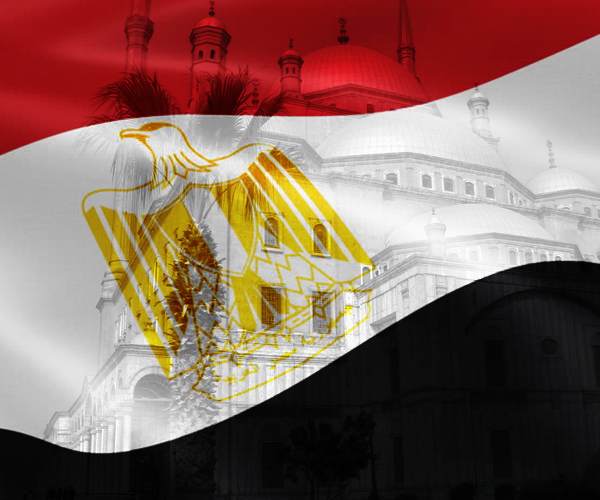


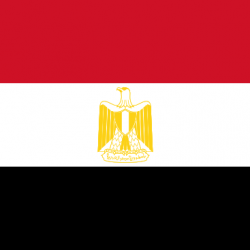
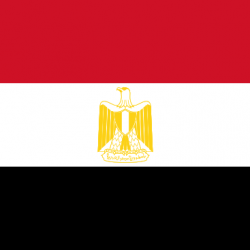
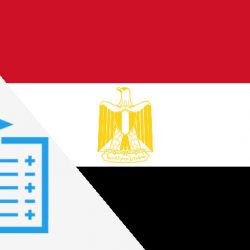
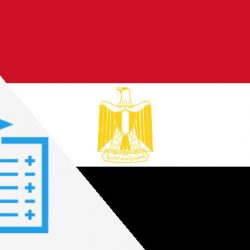
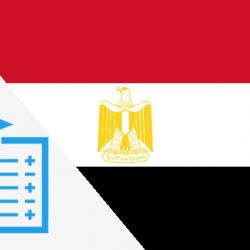
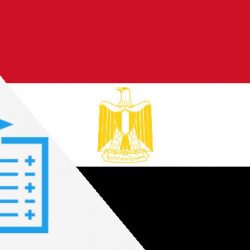
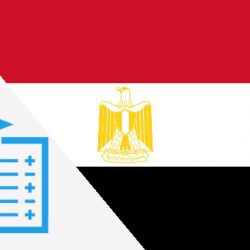
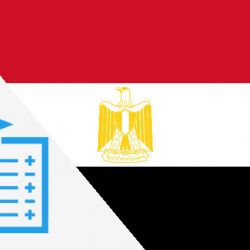
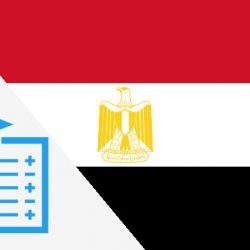
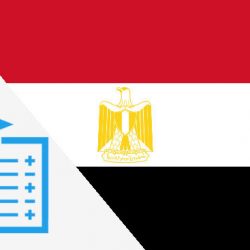
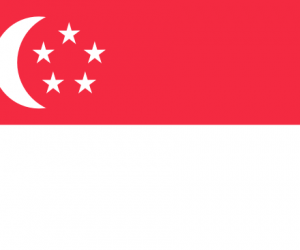
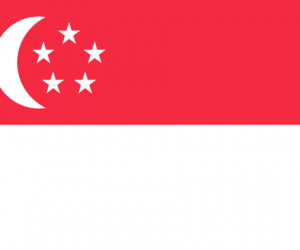
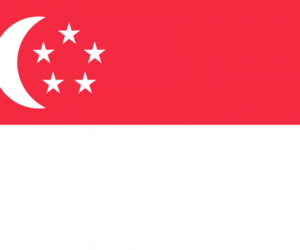
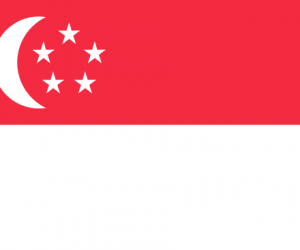
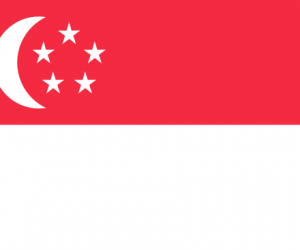
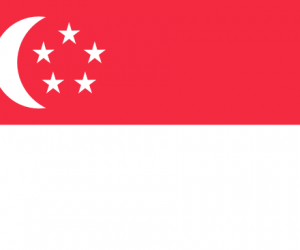
 We will not leak your personal information
We will not leak your personal information